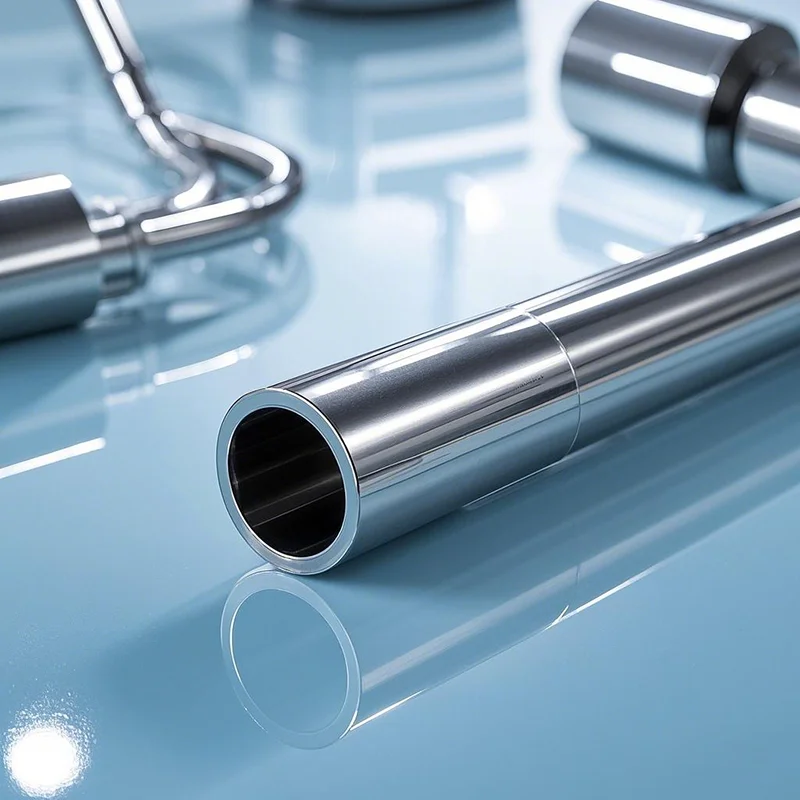How Stainless Steel Sanitary Pipes Improve Safety and Efficiency in Cleanroom and Food-Grade Systems
2025-06-03
Maintaining product purity and processing efficiency begins with choosing the right piping system. Stainless steel food hygiene pipes are engineered for demanding environments where sterility, strength, and smooth flow are essential. Their precision manufacturing and premium material composition make them indispensable in sanitary infrastructure.
Superior Internal Finish for Bacteria-Free Performance
The inner surface of each pipe is mechanically polished to an Ra ≤ 0.2 μm, a benchmark smoothness that inhibits bacterial adhesion and makes CIP (clean-in-place) operations more effective. This internal finish not only boosts hygiene but also improves flow efficiency by minimizing friction and turbulence.
High-Integrity Welding with No Compromises
Each pipe features seamless welding that eliminates shadow lines and rough weld traces. Through nitrogen protection welding and pure hydrogen annealing, the pipes achieve uniform grain structure and high weld strength. This ensures long-term resistance to fatigue and rupture, even under repeated thermal cycles or pressure fluctuations.
Proven Performance Under Stress
Engineered for robustness, the pipes undergo a wide range of mechanical and pressure tests:
1. 690+ MPa tensile strength
2. Over 30% elongation rate
3. No cracking or bursting during expansion, bending, or flattening
4. Excellent salt spray resistance, with zero corrosion after 1000 hours
These attributes confirm that the pipes are well-suited to dynamic production lines, where frequent sterilization and fluid changes are common.
Optimized for Specialized Environments
From milk processing plants to biopharmaceutical cleanrooms, these pipes support environments where contamination could mean costly shutdowns or health hazards. Materials such as 316L stainless steel are particularly effective in aggressive chemical or high-moisture settings, offering enhanced corrosion resistance and longer service life.
Precision Detection and Quality Control
To ensure top-tier quality, each pipe is subjected to a range of inspections:
1. Hydrostatic and eddy current flaw detection
2. Transverse/longitudinal leveling
3. Mechanical strength evaluation
4. Inner surface roughness verification
Only pipes that meet strict performance metrics are released to customers.
Built for high-purity systems, stainless steel food hygiene pipes offer seamless welds, ultra-smooth internal finishes, and superior mechanical strength. Their proven durability and corrosion resistance make them the first choice for food, dairy, and pharmaceutical applications requiring reliable, contamination-free performance.



